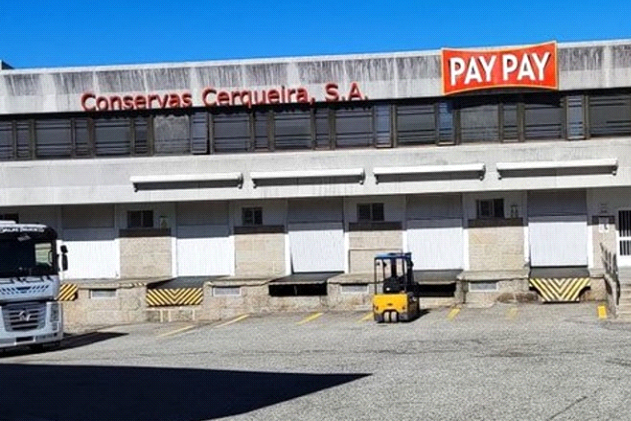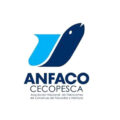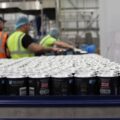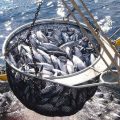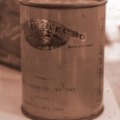The city of Vigo is known for its long tradition in the manufacture of canned food, Pay Pay being one of the most emblematic brands with 133 years of history. Although in its time there were up to 50 factories dedicated to this industry, currently only two remain in operation: Conservas Cerqueira (Pay Pay) and Válcarcel (El Vigilante brand), both founded in 1890 and located in the repair dock of Bouzas. These two are the last representatives of a golden age of canning production in the city.
Cerqueira is currently among the top 20 canning companies in Spain, producing more than 40 million cans a year at its plant in Vigo and the new factory in the Rianxo business park. This new factory took over the work that used to be done in Ribeira, which has now closed its doors.
Despite being based in Vigo, the group has decided to focus on the south of the province of Coruña for its growth. Around $30 million has been invested in its largest and most sustainable plant, equipped with advanced technology. In addition, they have four production lines in this city.
The company employs 170 people and has an annual turnover of 50 million euros. It cans more than 40 million canned fish and seafood products under brand names such as Pay Pay, Pay Pay Oro, Buenos Días and La Ramona. It also exports its products to five continents, including the United States, Costa Rica, Canada, Argentina, France, Denmark, Portugal, New Zealand and Japan. Cerqueira is the only company active in the sector that belongs to the original group of pioneers who founded the National Association of Cannery Manufacturers (Anfaco) in Vigo in 1904.
In the city of Vigo, there is another company dedicated to the manufacture of canned food called Conservas Válcarcel. It is located at the Bouzas repair dock and markets its products under the brands El Vigilante, Secretos del Mar, Rapaz, Pum, Proa and La Galleguiña.
There are also two other companies that are still active in the city, but only with offices and a warehouse. They are Conservas Antonio Alonso (Palacio de Oriente) and Orbe, which had to move their production to the cities of Bueu and Ponte Caldelas due to the lack of growth possibilities in Vigo. The most recent mover was Albo, which last year moved from Beiramar to Plisan in Salvaterra to inaugurate a new modern factory with the capacity to produce 100 million cans of fish and seafood a year. More than 130 years ago, the canning company started operating in Vigo thanks to the craftsmanship of women.
On the other hand, the company Hijos de Carlos Albo was forced to move from Vigo to Plisán in Salvaterra because they could not continue to grow in Beiramar. It is currently under the control of the Chinese company Shanghai Kaichuang. This was one of the last canning companies to leave Vigo, following in the footsteps of Orbe and Conservas Antonio Alonso, who also moved their production activity to other areas such as Ponte Caldelas and Bueu. This was due to the limited options available in Vigo and the failure of the “Ciudad del Frío” project that had been planned to be built in Matamá.
In the Tomás Alonso area is the old canning factory, known by its brand name Miau and formerly owned by Bernardo Alfageme. The factory has been idle for 13 years because the company, which had been acquired by a real estate group, went into receivership and finally went bankrupt.

